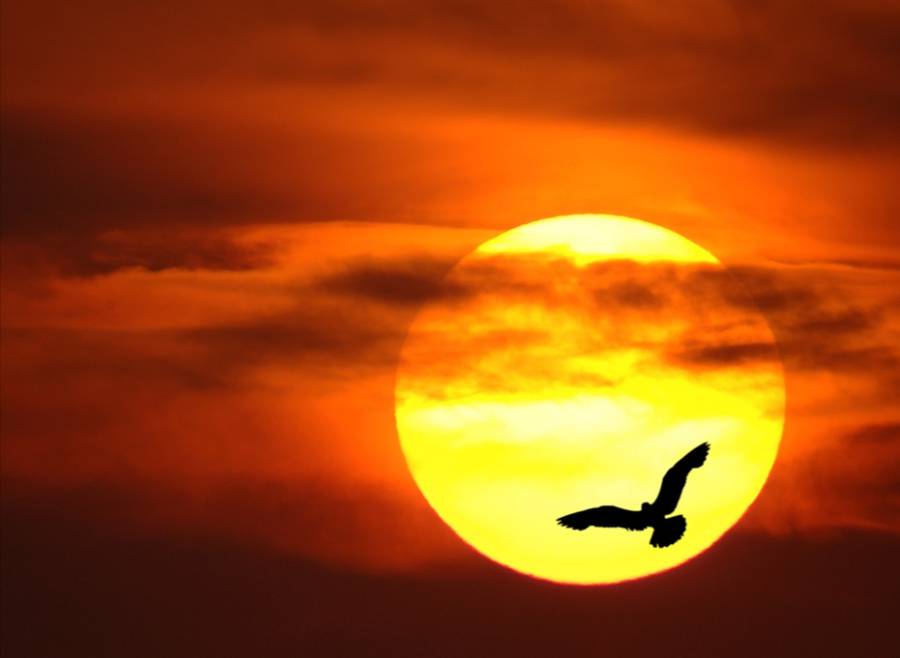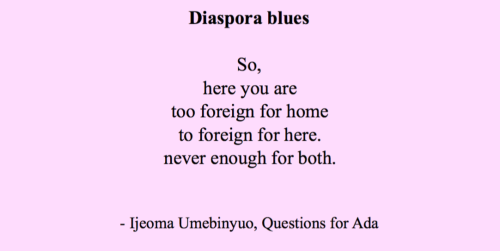The sun would always be a curiosity to me, the way it stretches its rays across miles and miles of land, like open arms. How it breaks through the darkest of clouds, still bringing light. Even when you can’t see it, it’s there.
This is a story about the sun and a little bird.

As a youngling, from sun up to sun down the little bird would play and laugh and live. Without a care in the world and run wildly, as free as could be. It would play hide and seek with the sun, and the sun would play hide and seek with her.
They would do this for hours, the childlike nature of the small bird, hiding in the typical Eastern European backyard, between the crops and tall grass. A world so big in its eyes, a woodland of adventure. They would play for hours until mother bird said it was time to go home. So the little bird waved goodbye to the sun and the sun smiled and waved back “Goodbye little bird”.
As the little bird grew, the sun continued to watch over, keeping her warm and strong. The little bird would still play with the sun, weaving its way through the crops and tall grass, only this time, it had to be smarter about her hiding place. You see, the little bird grew in height and that was a certain give away of her location. So, she crawled through the slightly smaller woodlands that she now sees through older eyes, attempting to stay undetected in the shadows. The little bird thought she grew smarter in her years, but soon came to realize, no matter how much she would grow, the sun will always be wiser than her. It’s been through a lot more than her, seen more than her and experienced more than her. And so the older the little bird grew, hide and seek turned into story time.
Returning to the family nest, surrounded by pictures, old and new. On these walls is a story, a story that only the sun, moon and stars can tell.
The sun still near, even in cold weather, it’s rays might not be as warm as they use to be but they still stretch far and wide, crawling through the curtains of the windows, through the smallest cracks of the walls, still bringing light into the darkest of rooms.
“What was it like back there?” The little bird chirped with curiosity. The sun smiled. You see, “back there” referred to a land his rays once adorned a land across the oceans, on the other side of the world. In a country full of life and love, history and wisdom, much like him.
The young sun rose over a small village in the southwest of this country, and would watch over the hills and valleys. Guide flocks of sheep across the plains, create warmth over the fields where the people would work.

Over time the sun would see things that brought pain. He told her of his travels, how he’d spend from rise to fall travelling from one city to the next.
On the suns journey over this land, he would spend some time shinning over army bases, travel through harsh winters and summers. He saw poverty and war, great loss and pain. He spoke very little but still told of how he had lost something very close to him along the way, how a young star in his sky was lost too soon. He also told the bird of his journey to a land on the other side of the world. His journey began in Macedonia, travelled through valleys of what is now, Kosovo, Montenegro, across the adorning coast of Croatia and through the vineyards of Italy. Land meets ocean, something the sun has only seen in dreams, in the city of Genoa. Then he spoke of a boat, a grand boat that the people would call the ‘Angelina Lauro’, that would sail from Genoa, across the ocean to new lands.
Weeks of charting new territory, ocean met land again and sunlight met a skyline. Tall buildings, buzzing neighborhoods, vehicles that raced around the busy streets and a bridge that would stretch from one side of the city to the other. The sun overheard the people below in this new city, call it ‘The Sydney Harbor Bridge’. Yes, this is where the sun would shine bright and strong in for many years.

17 years past and the little bird had grown and so had the sun. As she grew older, so did he, but as she grew stronger, he grew weaker. Winter was coming and the world grew colder. The little bird, now almost at the coming of age, wondering where the light she grew up with was. This was not a game of hide and seek anymore.
As the day came for the little bird to leave the nest, the sun was still there but didn’t shine as bright as it used to. Clouds mask the sky, a small ray of silver trying to squeeze through the grey.
In all her glory, gown and all, the little bird left her graduation ceremony still dressed and proud, to see the sun and show him all his light has done for her. She stayed with the sun, until it’s time to go home. Holding the suns hand, the little bird said her goodbyes, the sun whispered back. “Goodbye little bird”
A week since I visited the sun, I wake up to a different setting…today there is no more sun.
I sit on the balcony of the little house on the hill which my grandfather spent 45 years building from brick work to a family, overlooking the small Sydney based town in front of me, in the far distance, the same skyline my grandfather would talk about. The city of Sydney.
Months pass and all the crops which I would once play in are now withered away or are too small to hide between anymore. Storms would rage without end for days, months…I still refuse budge from the dark place I was trapped in. Until one day, the storm had calmed. After the long wait, the light I never expected had returned, the clouds dipped in silver and the light shining through the rain, a sun shower.
My Sun has returned, but this time, my sun was above me rather than next to me holding my hand. The world continues to spin and the stories the sun would tell me; I carry with me to tell another day.
The sun would always be a curiosity to me, the way it stretches its rays across miles and miles of land, like open arms. How it breaks through the darkest of clouds, still bringing light. Even when you can’t see it, it’s there.





